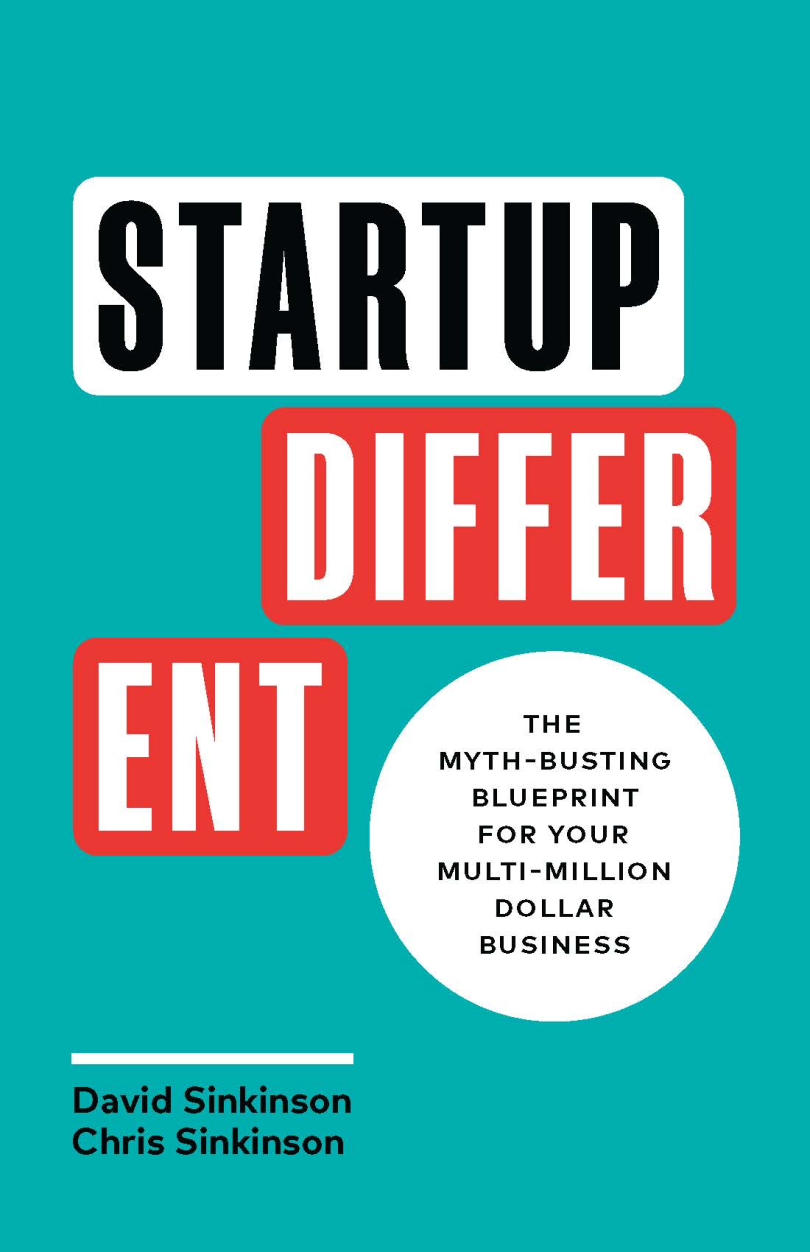Business training prepares you for a lot of things. You know your way around a spreadsheet, you know how to attack the market and you might even know a thing or two about how to structure your team. You don’t need business training to start a business, but it absolutely helps.
What business school definitely doesn’t teach you, though, is about chimpanzees. Specifically, that chimps are actually pretty great leaders.
I can hear you right now: “Oh boy, this is going to get weird.” Maybe. But not that weird. Stay with me on this.
Empathetic Leadership Statistics
- 90 percent of workers in the United States believe empathy is linked to higher job satisfaction.
- 79 percent believe it decreases employee turnover.
Good Leaders Aren’t Jerks
Most leadership training in business programs is focused on leading by example and working to create a solid business strategy. This isn’t wrong — you do need to lead by example, and you’ll need an easily digestible strategy — but it’s not the full picture.
Outside of business schools, the popular thinking is that for a businessperson to be successful, they need to be a certain kind of aggressive or ruthless individual — an “alpha,” dominating others in the organization or market to get to the top. It’s a jungle out there, they say, and in the troop of chimpanzees that is your company, the alpha calls the shots.
Look, it’s trash. If you lead by pounding your chest, flexing your muscles, and pushing through at the cost of others — because you think that’s what an alpha is — then you’re living in the past. You’re an antique. You’re a dinosaur, not a real alpha.
Take, for example, a piece in the Harvard Business Review entitled “Coaching the Alpha Male.” The article clings to the false idea of the hyper-aggressive alpha but can’t escape the truth. It describes how alphas on the one hand are these capable, intelligent and motivated types, yet somehow they need extensive coaching to sand down some pretty rough edges:
The more pressure an alpha feels to perform, the more he tends to shift his leadership style from constructive and challenging to intimidating or even abusive. Organizations become dysfunctional when people avoid dealing with a difficult alpha and instead work around him or simply pay him lip service.
I’m sorry, what?
Yep, they’re motivated and smart. But they’re also huge jerks; they don’t listen to or care about their people, they’re stubborn and in some cases they create toxic workplaces. The article suggests that some of these “great leaders” need coaching to make them less impatient, to recognize that they may be wrong on occasion (duh) and to get them to have some degree of natural curiosity about people.
Empathetic Leaders Earn Group Buy-in
Let me throw some truth at you: In nature, alphas are not assholes.
In his excellent book Our Inner Ape and his 2017 TED Talk, primatologist Frans de Waal shuts down the narrative about alpha males in business. He shows us what alphas actually are: generally not the strongest chimpanzees in the troop, but instead those chimps that are most able to build coalitions, be generous to others and show the most empathy. They also happen to be pretty good peacekeepers.
Alpha chimps go out and create coalitions with other members of their troop. They get buy-in from others by showing them they care — everything from giving food to others to playing with the baby chimps to show their mothers they know a thing or two about babies.
I know — I was pretty surprised when I learned this too. People don’t generally assume “alpha” when they hear “empathy,” but that is much closer to the truth than the mythologized version of alpha that exists out there.
Why aren’t these alpha individuals the biggest in the troop? Because it’s not all about strength. Sure, sometimes it helps to be a big ol’ strong monkey. But ultimately it’s the combined strength of your coalition that’s going to make you the alpha and keep you there. Two average chimps are greater in strength than one big one.
After they become the alpha, they focus on a few important tasks for the troop: peacemaker and consoler-in-chief. In the first case, they mitigate disputes in an unbiased way so the troop doesn’t become fractured. They are able to push aside their feelings for a particular troop member and unbiasedly help resolve disputes. Often they support the underdog even if their friend is the favorite, bringing a significant amount of security for those lowest in the troop.
As for the consoler-in-chief, the alpha must provide an exceptional amount of comfort and security for their troop. They console those troop members that have had a loved one pass away, that have been beaten up by another chimp or that otherwise just need emotional connection and support. They will literally go and hug a chimp that needs a hug.
A Caring Boss Makes a Happy Team
It is to some extent self-serving. Obviously, alphas want to be the leader of the troop. They fundamentally understand that their popularity, and the respect that comes with it, is what will keep them in their position. De Waal notes that if the alpha is a bully, they are likely to be actively resisted or even ousted by the troop. They’re on their best behavior because they want to be in charge.

But being the alpha also comes with costs. They have to work to maintain the alliances they’ve created with their troop members. They lead by example and provide security for their fellow chimps. It’s a lot of work, but the overall arrangement benefits all the chimps. The alpha gets to be the boss, and the other chimps know they’re taken care of and in a safe environment.
None of this is unreasonable, and it easily carries over to us. Think about your career up to this point: Did you prefer bosses who built a professional relationship with you or who just told you what to do? Did you prefer the leader who showed they cared or the boss who told you, “Well, that’s just business”? Did you prefer the manager who went the extra mile to help or the one who told you that you’d have to come in by yourself on Saturday?
Excerpted from Startup Different: The Myth-Busting Blueprint for Your Multi-Million Dollar Business (Page Two).





